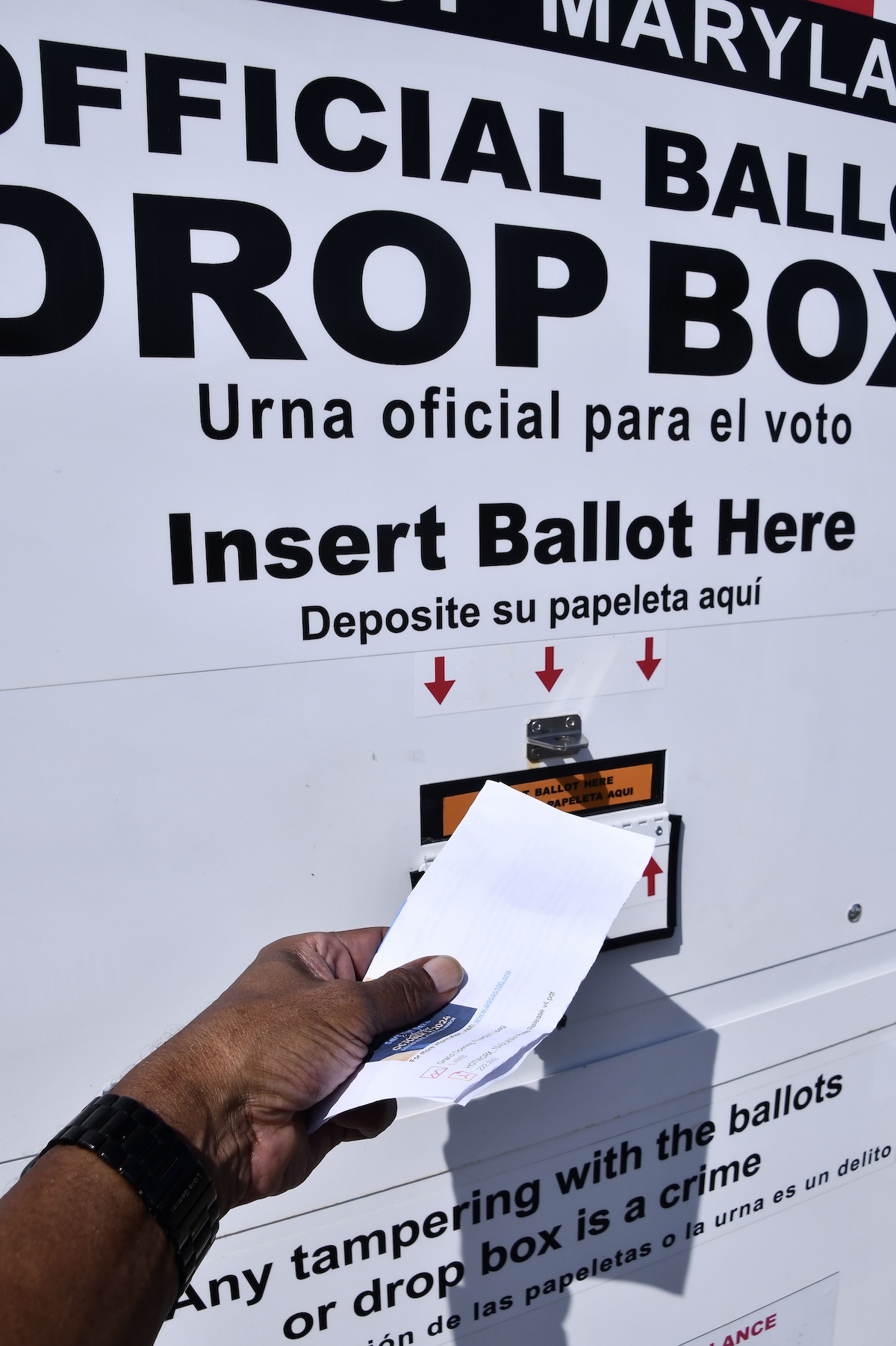A new “Stress in America” poll by the American Psychological Association (APA) reveals that Americans are under immense stress as the 2024 U.S. presidential election approaches, with over 70% fearing that the election results could lead to violence. Conducted by The Harris Poll, the survey highlights the pervasive anxiety triggered by political and societal concerns.
The poll shows that 77% of adults cite concerns about the nation’s future as their top stressor, followed closely by economic worries (73%), and the upcoming election itself (69%). Stress-related to the election had risen slightly compared to 2020, when 68% of respondents expressed concern, and significantly from 2016, when only 52% reported similar stress levels.
Worry about the potential fallout from the election is widespread, with 72% of adults fearing that the results could lead to violence and 56% concerned that the 2024 election could mark the end of democracy in the U.S.
“What sets the 2024 poll apart from previous APA election surveys is the collective stress about the potential fallout from the election results,” said APA CEO Arthur C. Evans.
The survey also identified additional stressors affecting Americans, with 62% citing U.S. politics as a significant source of stress, 55% pointing to healthcare, and 54% to crime. Concerns about the environment (51%) and global tensions (51%) are also significant. Issues like housing costs (65%), mass shootings (63%), and the spread of false information (62%) continue to add to the nation’s anxiety.
Political divisions impact personal relationships, with 32% of adults reporting that the political climate has strained family ties and 30% limiting their time with family members due to differing values. Many are contemplating significant changes in response to political tensions—41% have considered moving to a different country, while 39% are considering relocating to another state.
Despite the overwhelming anxiety, some respondents feel hope. Sixty-one percent feel optimistic that the election will bring about positive change, and 59% believe it could lead to a more inclusive society. Voter turnout is expected to be strong, with 77% of respondents indicating they intend to vote in the 2024 presidential election. Additionally, 51% said they feel more compelled to support causes they care about, up from 45% before the 2020 election.
Mental health experts have offered advice on coping with election-related stress.
Psychiatrist Dr. Sue Varma recommended setting boundaries around social media use to limit exposure to constant news updates.
“It’s really important to carve out sacred spaces throughout your day where you don’t have constant notifications,” Varma said in a CBS News interview.
Evans added that the stress is real and palpable, “and what’s striking is that concerns about the 2024 election, potential violence, and threats to democracy are shared across the political spectrum.”


